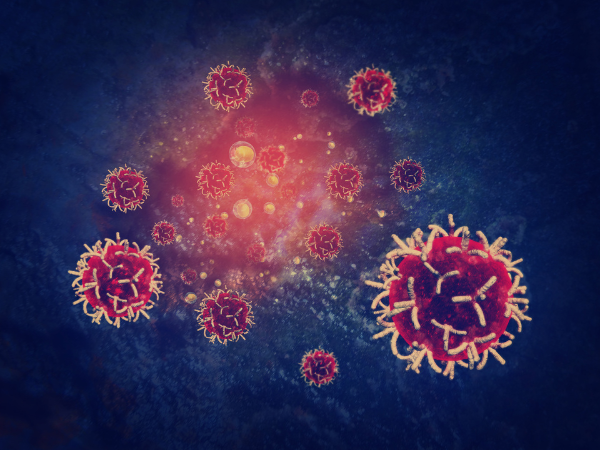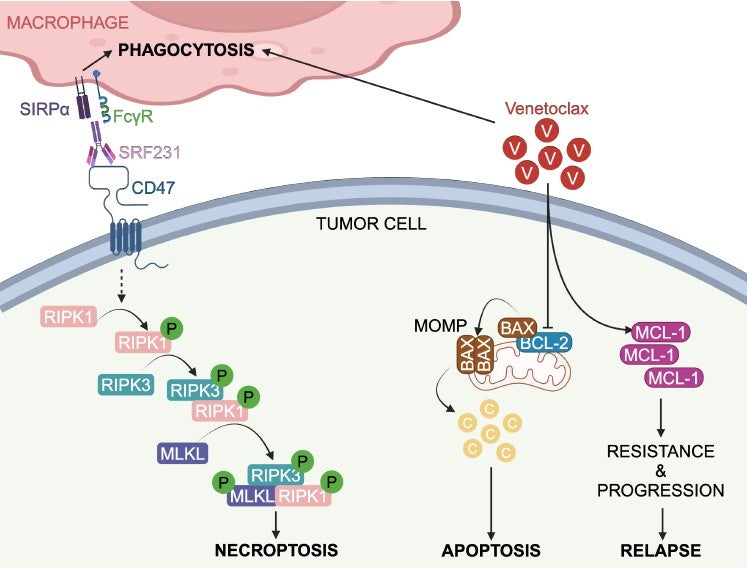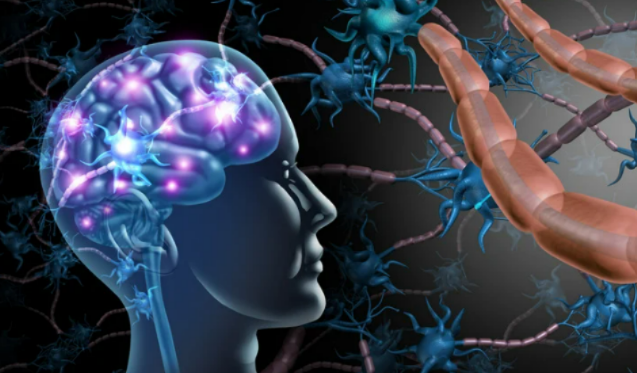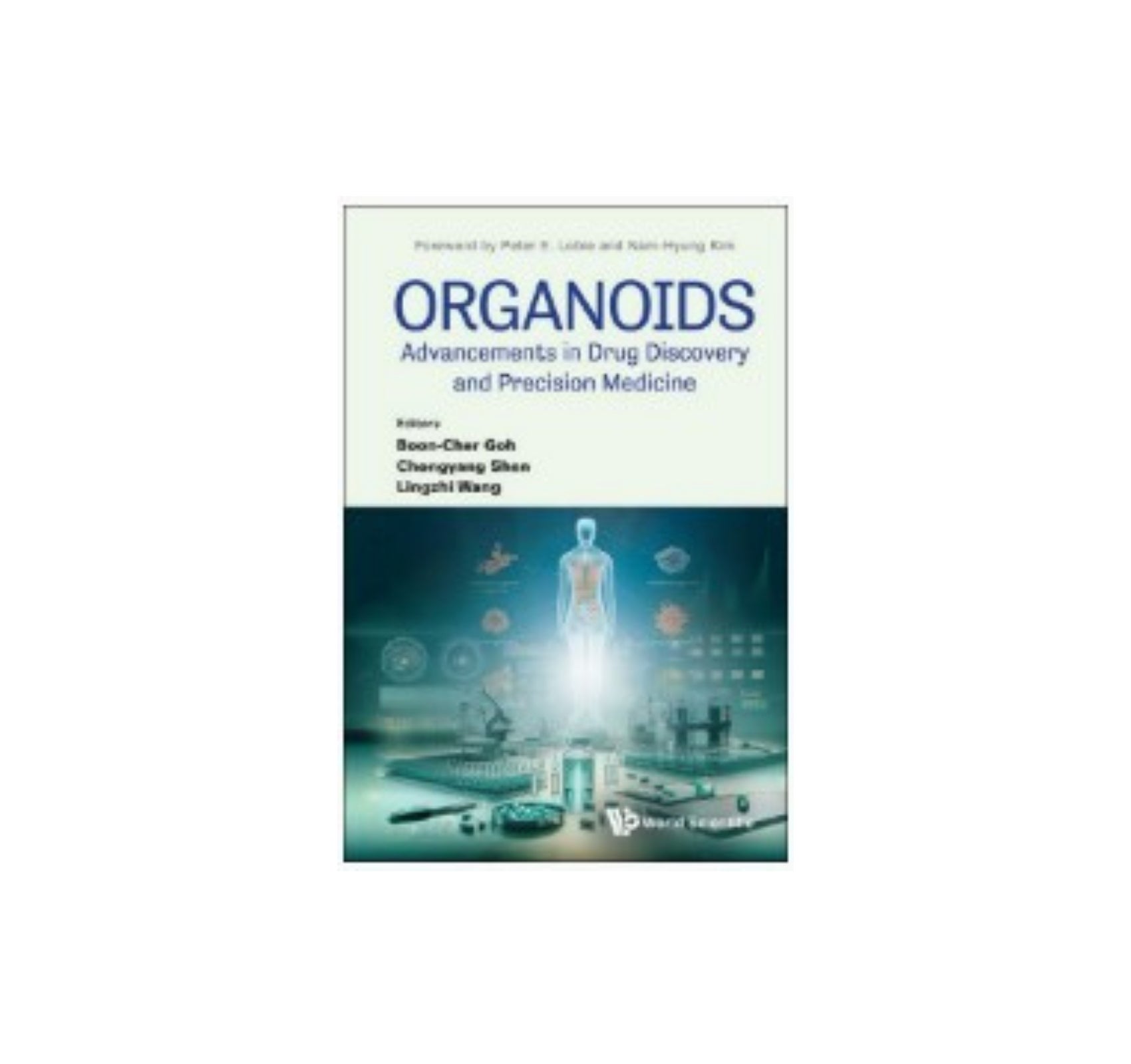Mutations affecting p53 are amongst the commonest genetic alterations in human cancer. Mutant p53 proteins are thought to promote carcinogenesis either by inactivating p53’s cancer-suppressing functions, or instead, by acquiring new, cancer-promoting activities. But the latter route, in particular, is not well understood. A new study led by Prof Ashok Venkitaraman, now reveals another twist in the p53 tale, which promises new approaches to treating p53-mutant cancers.
Dr Teresa Ho and Prof Venkitaraman investigated the problem by studying p53 proteins with mutations in specific domains, where domains are distinct structural and/or functional regions in a protein. The authors demonstrated that mutations in either one of two key domains of the p53 protein promote tumour growth by enhancing the activity of an important growth-promoting signal, Epidermal Growth Factor Receptor (EGFR), through mechanisms specific to each domain. Their findings shed new light on how p53 mutants promote tumour growth and pave the way for the improvement of therapies targeting p53 and/or EGFR.
Read more: https://www.nature.com/articles/s41467-023-37223-3




